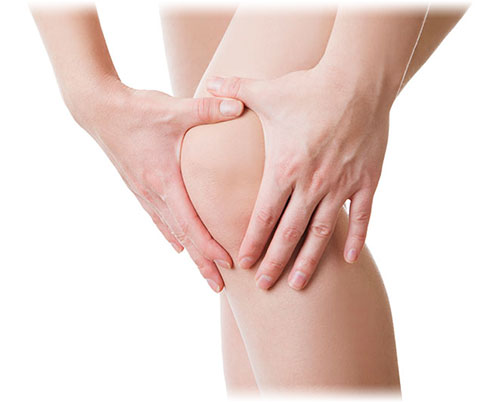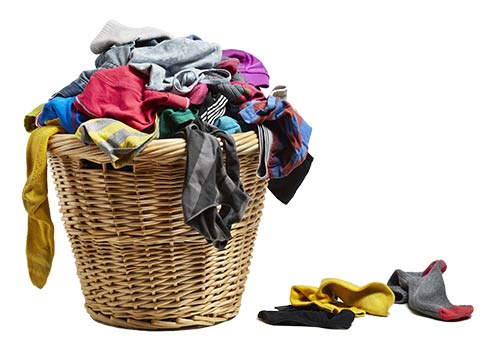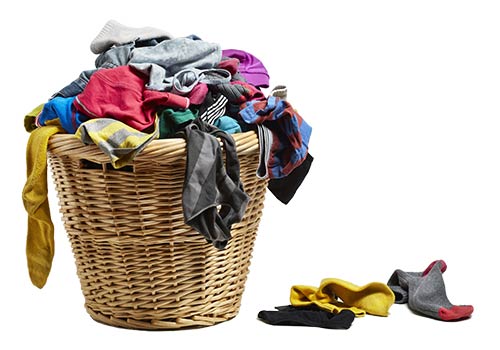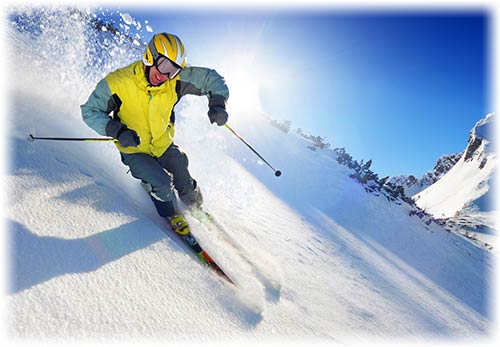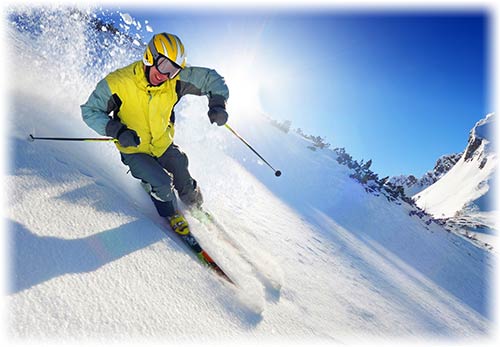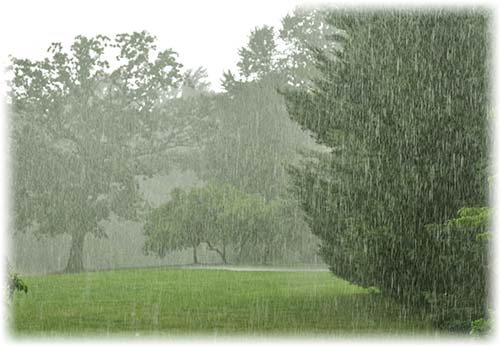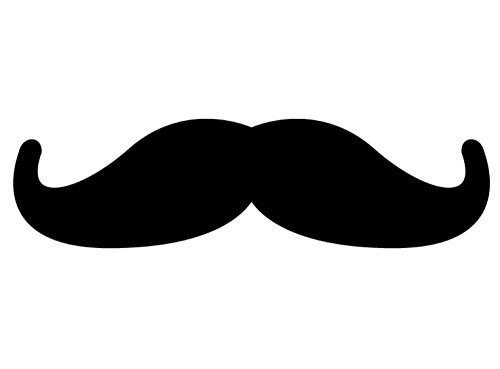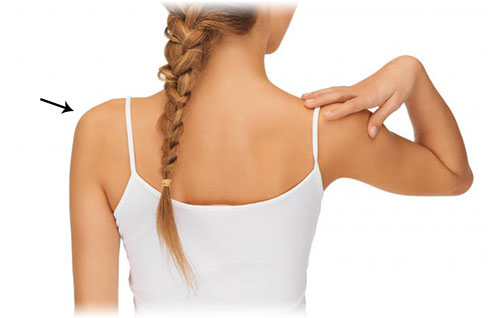shoulder
/ʃoʊldə(r)/
(shoulders, shouldering, shouldered)
Frequency: The word is one of the 1500 most common words in English.
1.
Your shoulders are between your neck and the tops of your arms.
She led him to an armchair, with her arm round his shoulder...
He glanced over his shoulder and saw me watching him.
N-COUNT: oft poss N
2.
The shoulders of a piece of clothing are the parts that cover your shoulders.
...extravagant fashions with padded shoulders.
N-COUNT
3.
When you talk about someone’s problems or responsibilities, you can say that they carry them on their shoulders.
No one suspected the anguish he carried on his shoulders...
N-PLURAL: poss N
4.
If you shoulder the responsibility or the blame for something, you accept it.
He has had to shoulder the responsibility of his father’s mistakes...
= accept
VERB: V n
5.
If you shoulder something heavy, you put it across one of your shoulders so that you can carry it more easily.
The rest of the group shouldered their bags, gritted their teeth and set off...
VERB: V n
6.
If you shoulder someone aside or if you shoulder your way somewhere, you push past people roughly using your shoulder.
The policemen rushed past him, shouldering him aside...
She could do nothing to stop him as he shouldered his way into the house...
He shouldered past Harlech and opened the door.
VERB: V n with aside, V way prep/adv, V past/through n
7.
A shoulder is a joint of meat from the upper part of the front leg of an animal.
...shoulder of lamb.
N-VAR
8.
see also cold-shoulder, hard shoulder
9.
If someone offers you a shoulder to cry on or is a shoulder to cry on, they listen sympathetically as you talk about your troubles.
Roland sometimes saw me as a shoulder to cry on.
PHRASE: usu PHR after v
10.
If you say that someone or something stands head and shoulders above other people or things, you mean that they are a lot better than them.
The two candidates stood head and shoulders above the rest...
PHRASE: PHR above n
11.
If two or more people stand shoulder to shoulder, they are standing next to each other, with their shoulders touching.
They fell into step, walking shoulder to shoulder with their heads bent against the rain...
PHRASE: PHR after v, v-link PHR
12.
If people work or stand shoulder to shoulder, they work together in order to achieve something, or support each other.
They could fight shoulder-to-shoulder against a common enemy...
PHRASE: usu v PHR
13.
a chip on one’s shoulder: see chip
to rub shoulders with: see rub

